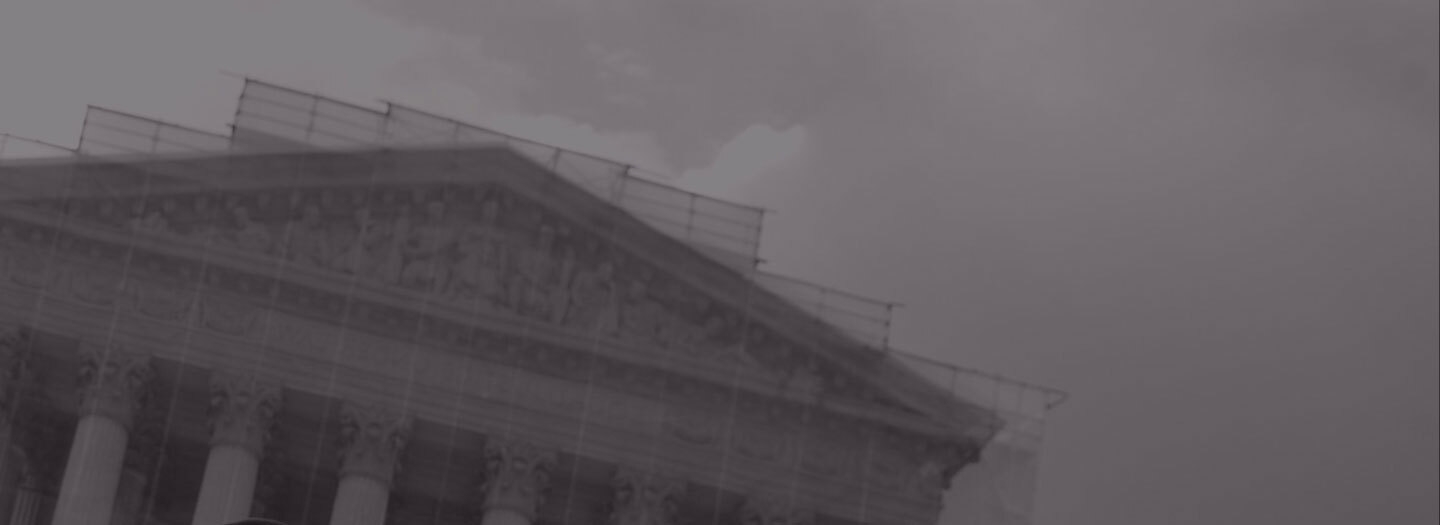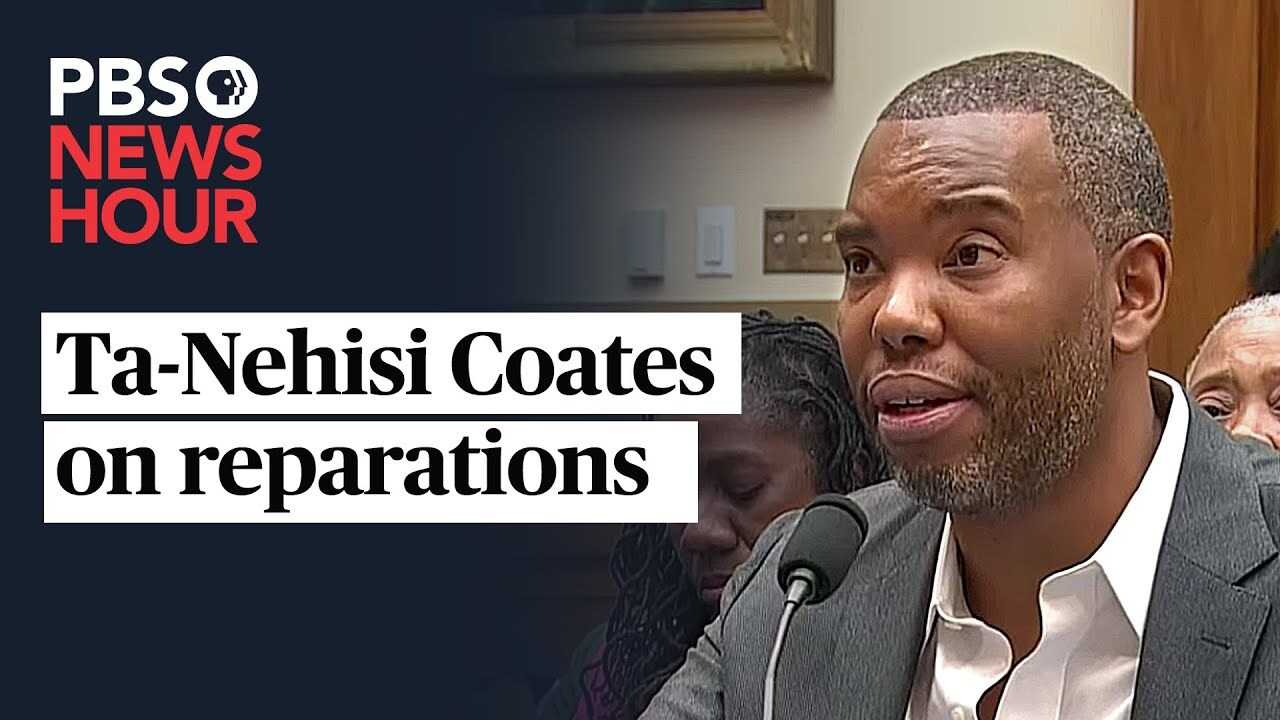
The Reparations Debate

The Case for Reparations
Broadside for the Ex-Slave Mutual Relief, Bounty and Pension Association, 1899
Ta-Nehisi Coates, “The Case for Reparations,” The Atlantic, June 2014
More than 150 years after the abolition of slavery, the question of what kind of reparations should be made to African Americans remains controversial and unresolved. Some have argued for property or other financial compensation, invoking the original promise of “40 acres and a mule.” Reparations advocates have also looked beyond slavery itself to address the impact of legalized segregation and the racial inequities it created in housing, education, income, health care, wealth, and the justice system.

H.R. 40
Rep. John Conyers Jr.
Commission to Study and Develop Reparation Proposals for African Americans Act
This legislation first introduced in 1989 specifically calls for establishing a Commission to Study and Develop Reparation Proposals for African-Americans. It will examine slavery and discrimination in the colonies and the U.S. from 1619 to the present and recommend appropriate remedies. Although regularly introduced, the legislation has yet to become law.

Featured Video
Ta-Nehisi Coates on Reparations
In a June 2014 article for The Atlantic, Ta-Nehisi Coates reframed the reparations debate to include government housing policies that discriminated against African Americans for much of the 20th century. He gave the opening remarks at the 2019 House Judiciary hearing on reparations.

California Reparations
Attendees awaiting the start of a California Reparations Task Force public meeting at San Diego State University in San Diego on January 27, 2023.
In 2023, California Gov. Gavin Newsom signed into law a reparations bill. It authorized the creation of a task force “to Study and Develop Reparation Proposals for African Americans.” When finished, the task force was to recommend the form of compensation to be awarded, the apparatus through which it was to be distributed, and the determining eligibility factors. The task force issued its final report to the California Legislature in June 2023.

Georgetown University and Slavery Reparations
List of enslaved people who were sold to raise funds for Georgetown University in 1838
In recent years, traditionally white educational institutions have begun reckoning with their own historical ties to slavery. Georgetown University, founded by the Jesuits in 1789, launched an initiative in 2015 to locate descendants of 272 people who were enslaved on Maryland Jesuit plantations and sold to raise funds for the university in 1838. Among other efforts, the university offered a formal apology and granted admissions preference to descendants.
Mélisande Short-Colomb
A descendant of Abraham Mahoney and Mary Ellen Queen, two enslaved people sold by the Jesuits in 1838, Mélisande Short-Colomb was one of the first two GU272 descendants admitted to Georgetown University.

Cities Investigating Reparations
Lobbying for reparations, survivors of the Tulsa Race Massacre testify before the Oklahoma House General government committee.
The issue of reparations is being seriously analyzed by several cities, including Chicago, Boston, Ashville, Detroit, Providence, and Tulsa. Their consideration represents an acknowledgement of slavery’s violent and discriminatory impact on African Americans.

Black people forgive because we need to survive. We have to forgive time and time again while racism or white silence in the face of racism continues to thrive. We have had to forgive slavery, segregation, Jim Crow laws, lynching, inequity in every realm, mass incarceration, voter disenfranchisement, inadequate representation in popular culture, microaggressions and more. We forgive and forgive and forgive, and those who trespass against us continue to trespass against us. . . . I, for one, am done forgiving.
Roxane Gay, author and activist, 2015
